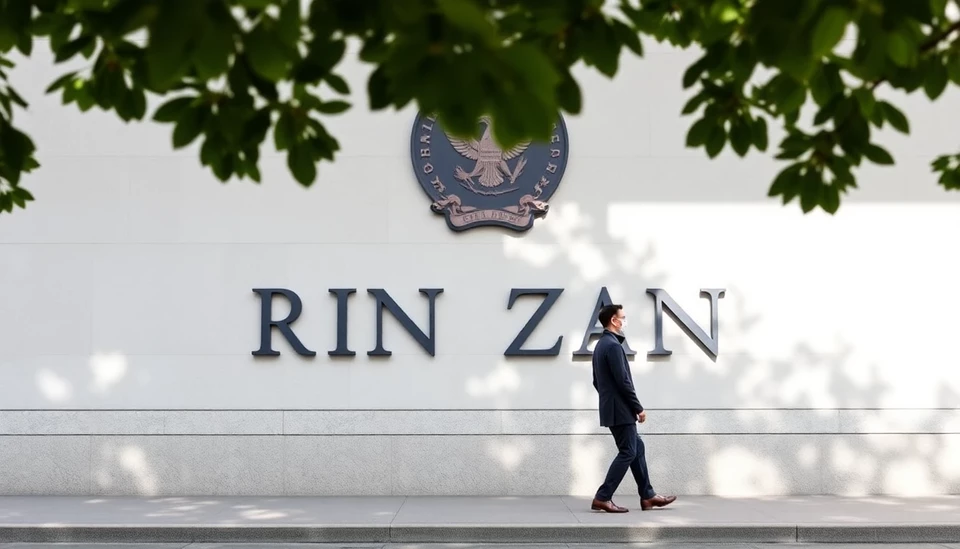
The Reserve Bank of New Zealand (RBNZ) has officially acknowledged a significant change in the country’s cash system, stating that it is transitioning from a state of abundance to one that can be termed 'ample'. This announcement arrives at a crucial time when the global landscape of cash usage is experiencing varied changes largely influenced by technological advancements and shifting consumer preferences.
The RBNZ's observation stems from current economic analyses, which suggest that while cash remains an essential part of New Zealand’s monetary system, its predominance is gradually diminishing. In recent years, the increase of digital payment methods and the growing inclination of consumers towards cashless transactions have shifted the dynamics of everyday financial interactions.
The RBNZ highlighted that this transition doesn’t indicate an imminent drop in the use of cash, rather a recalibration of how cash fits into the broader financial ecosystem. The term 'ample' roughly suggests a healthy availability of cash that is sufficed to meet the reasonable demands of the public and business entities while ensuring the system remains robust in facilitating transactions when cash is necessary.
This shift is also reflective of the global trends where central banks, including the RBNZ, are grappling with the implications of reduced cash distribution and reliance. Digital wallets and online banking solutions have surged in popularity, propelling more individuals toward alternative payment methods. As a proactive measure, the RBNZ is contemplating the implications this may have on monetary policy and the operational strategies utilized in managing cash distribution across New Zealand.
Despite the rise of digital transactions, there are still segments of the population that rely heavily on cash, including rural communities and individuals who prefer not to engage with digital currencies for a variety of reasons, including privacy concerns. Acknowledging this reality, the RBNZ has reiterated that its cash services will maintain their presence to cater to those who prefer traditional monetary interaction.
In light of this evolving landscape, the RBNZ is also considering how the adoption of a more digital economy may affect the overall monetary supply and policy effectiveness. There is an ongoing debate regarding how central banks should adapt to a world that is increasingly moving towards digital and decentralized financial solutions while still ensuring equitable access to cash. The RBNZ’s proactive stance in monitoring the changes allows it to be better prepared for future scenarios, ensuring that the monetary system remains inclusive and accessible for all New Zealanders.
In conclusion, while New Zealand's cash system transitions toward an 'ample' state according to the RBNZ, the evolution of the financial ecosystem is something that will be closely watched. The balance between maintaining cash services while promoting digital payment solutions will undoubtedly continue to shape the economic landscape in New Zealand as it navigates through these changes in consumer behavior and technology.
#NewZealand #RBNZ #CashSystem #DigitalPayments #FinancialInnovation #Economy #MonetaryPolicy #CashlessSociety
Author: Daniel Foster




